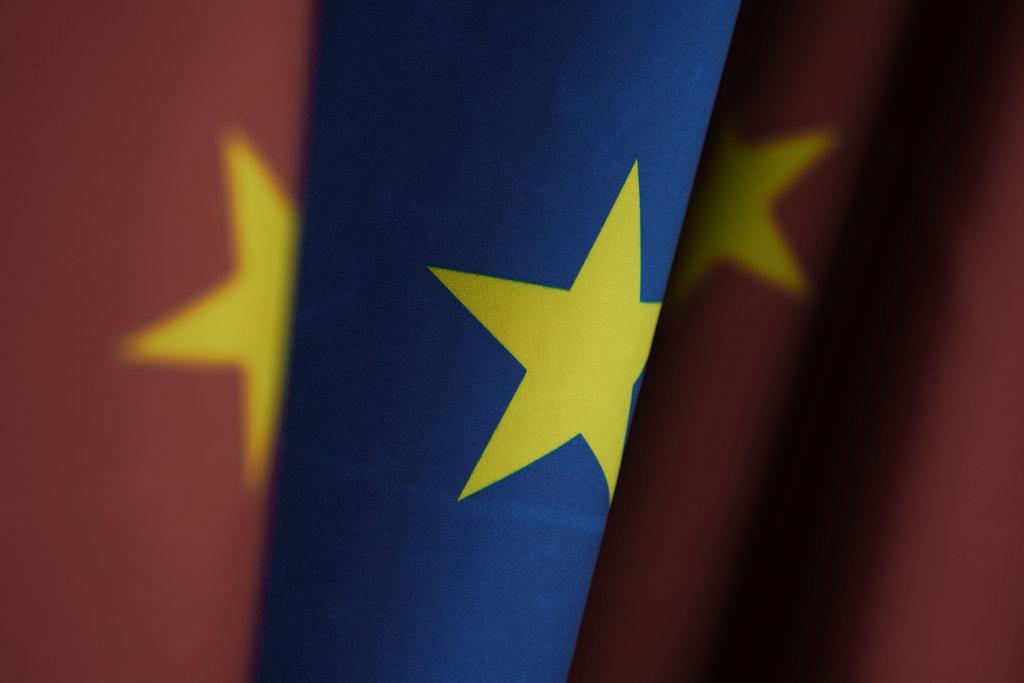On Wednesday, the European Commission considers a new strategy to assert its interests amid increasingly politicized trade disputes with China and the United States, as it prepares to face off against China over a diplomatic dispute arising with the Republic of Lithuania.
In recent years, the EU has been vulnerable to economic coercion from larger powers due to its multipolar design and the difficulty of establishing consensus among all member states. Previously, it has been difficult for EU policymakers to acquire the unanimous approval needed to retaliate against economic blackmail. Even when EU member states are in consensus about a given issue, a collective action problem emerges in which member states tie their approval of given measures to unrelated national objectives, such as last year when Cyprus attempted to tie its approval of EU sanctions on Belarus to actions against Turkey.





